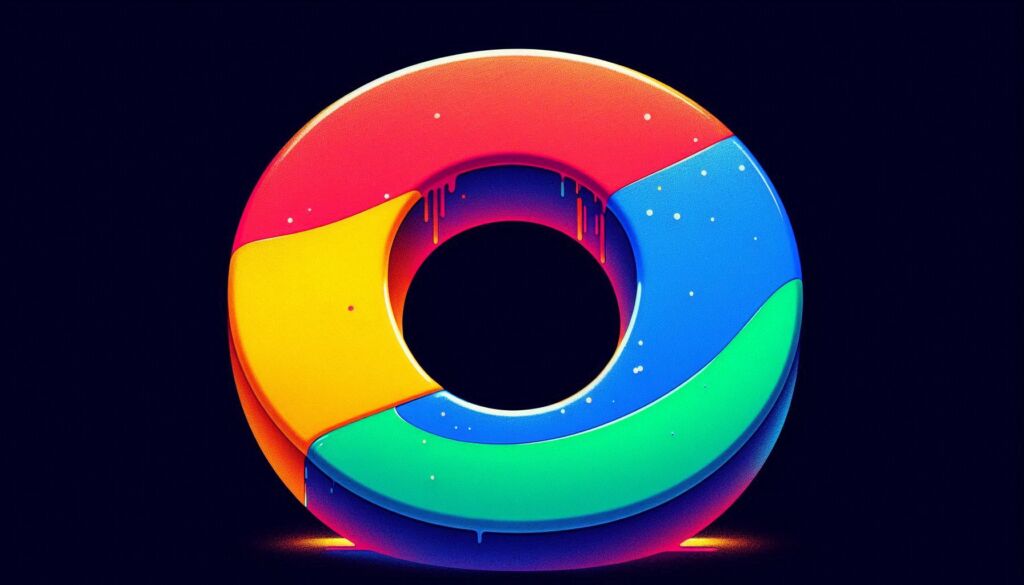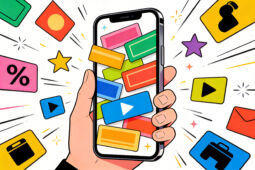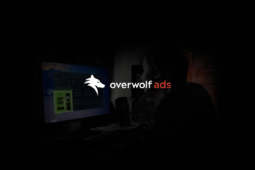Surviving Google Zero: What's Next for Publishers?
by on 1st Aug 2025 in News

Mark Smith takes a look at what the rise of LLMs and AI summaries means for the publishing industry…
The evolution of Google has always presented both headaches and opportunities for publishers.
With each new update, a new set of rules would emerge which third-party websites would have to adapt to, tailoring their content to encourage users to click through and access it. If the rules were followed (or gamed, in some cases), Google Search was a potentially vast source of eyes, clicks, and revenue.
And there was a symbiosis in the relationship. Google needed publishers, and they needed Google. But that relationship is heading for a hasty and potentially ugly divorce.
Driven by advances in AI, Google is transforming from a search engine to an 'answer engine', with AI-generated overviews appearing at the top of its search page. This means many Google users get what they need with the overview alone and don’t click through to another website.
As the technology is refined, it means third-party websites could very soon get no traffic from Google at all. Nothing.
Welcome to the world of Google Zero.
We’re entering an 'adapt or die' moment.
The new order is already having a massive impact on publishers. Since Google rolled out AI in May last year, the percentage of web searches for news that did not result in a click-through has risen from 56% to 69%, with site visits dropping from 2.3 billion to 1.7 billion. This existential threat is impacting publishers of all sizes.
Stefan Mustieles is co-founder and director of search at Stonechat Digital, which has clients in the energy industry. His bleak assessment is that there is "no good news" for publishers as Google seeks to keep users inside its ecosystem.
"Ask someone who is not in the digital world to look up something like 'what is the energy price cap.' Most won’t click through. They’ll read the AI-generated summary and move on," he said.
That will become even more the norm as AI generated answers become increasingly sophisticated and nuanced. He pointed to the rollout of Google’s AI Mode, which utilises generative AI to provide conversational and in-depth answers in the style of ChatGPT.
"The ugly truth is that Google spent years guiding publishers on how to rank, but now the rug’s being pulled and there’s no real recourse. It’s not an overstatement to say we’re entering an 'adapt or die' moment."
The impact on publishers has already been drastic. According to the Wall Street Journal, Business Insider cut 21% of its staff this year, a move CEO Barbara Peng said was aimed at helping it "endure extreme traffic drops outside of our control."
And according to digital market data firm Similarweb, traffic from organic search to HuffPost’s desktop and mobile websites fell by just over half in the past three years, and by nearly that much at the Washington Post.
While that need to adapt is clear, doing so at pace presents huge challenges. With Google still dominating almost 90% of the search market, many publishers understandably put most, if not all, their eggs in that basket.
Now they are having to figure out how to get their content and brand out there on their own again. But while the situation is concerning for third-party publishers, it is not insurmountable and requires some of the more 'traditional' approaches to brand-building.
Rebecca Leppard is a content marketing and personal branding expert and founder of Upgrading Women. She said companies should return to a mindset when word-of-mouth was key to getting noticed.
"We are now back to the word-of-mouth game. The 'mouth' here is AI. Meaning if our brand is so strong that AI picks it up and lists it as one of its references or resources, then you're in a great position."
Rebecca’s advice for businesses is twofold.
"Firstly, look at the volume and spread of your content. Be literally everywhere. Don't leave one stone (channel) unturned. Even if your budget is low, being present is more important than dominating just one platform."
She said user-generated content is also a vital component in building – or indeed rebuilding – a brand. "This is going to be the scale of that word-of-mouth effect. People buy from people, and that's never going to change."
Adapting to Google Zero also requires a change of mindset according to Stefan. Veering away from producing content for Google to doing it for the consumer. Turning the clock back, in a sense.
"Companies need to diversify traffic and revenue sources now. This can be newsletters, podcasts, events, partnerships. These can’t be afterthoughts anymore," he urged.
"Also, prioritise owned audiences. Build direct relationships, email lists, app subscribers, community spaces. Don’t rely on discovery via algorithms alone."
He added: "Think like a brand, not a blog. Content that lives on its own terms, in its own environment, will survive this transition better than content designed purely for search."
For decades, Google has been the be-all and end-all for most publishers; they had to tailor their approach to satisfy its algorithms and a world without it as a 'partner' is daunting.
But a post-Google Zero world is not unchartered territory. It is a well-trodden path and heralds a return to the days when branding, sales, readerships all had to be achieved organically from the ground up using every tool at a company’s disposal.
Quality content delivered in diversified channels will be required. Podcasts, newsletters, paid content, memberships, brand loyalty, curated communities, and word of mouth can all help publishers survive and thrive. But there is no time to spare.








Follow ExchangeWire